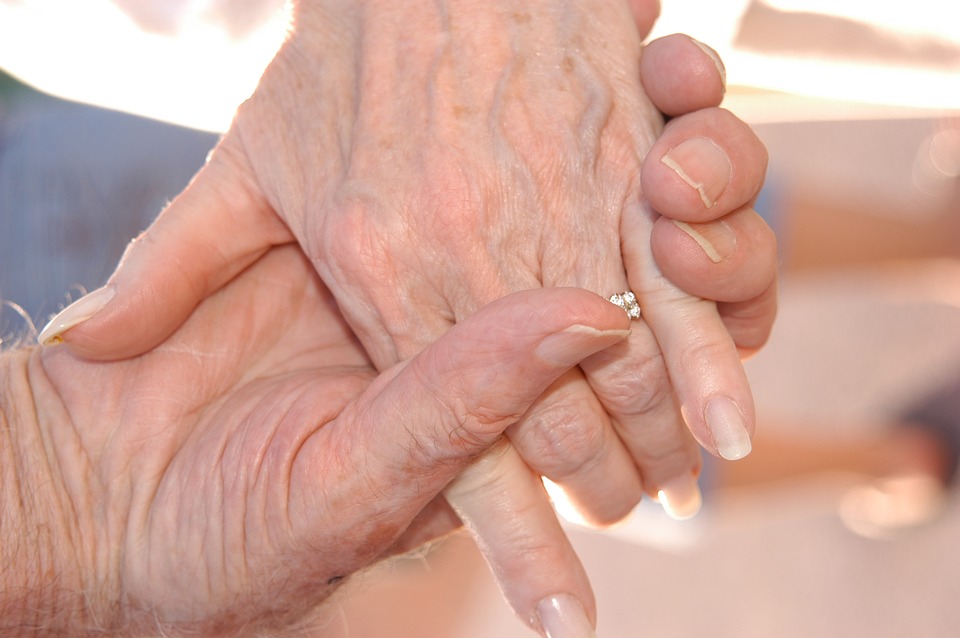In the last fifty years, social trends have changed and most people – more than 8 in 10 by best estimates – die in hospitals rather than in their own homes. This change reflected the growing number of treatments available in hospitals. The medical profession increasingly saw death as failure.
Cancer and progressive neurological conditions were some of the most feared diagnoses. Physical pain afflicted at least three quarters of cancer sufferers and appropriate painkillers were significantly underutilised. Narcotics were considered addictive and too dangerous and there was a lack of knowledge about the pharmacology of these and other medications.
Led by Dame Cicely Saunders, St Christopher’s Hospice in South London set out to discover practical solutions and to disseminate them widely. This was what is now recognised as the birth of modern palliative care. From the beginning, St Christopher’s was committed to education and research, as well as excellence in clinical care.
This combination of science, care and sharing of experiences identified the opening of St Christopher’s Hospice with the start of the modern hospice movement.
A holistic approach, caring for a patient’s physical, spiritual and psychological wellbeing, marked a new beginning, not only for the care of the dying but for the practice of medicine as a whole.
Dame Cicely founded St Christopher’s Hospice in 1967 as the first hospice linking expert pain and symptom control, compassionate care, teaching and clinical research. St Christopher’s has been a pioneer in the field of palliative medicine, which is now established worldwide.
Through her single-minded vision, and the clinical practice and dissemination of her work through St Christopher’s teaching and outreach, Dame Cicely revolutionised the way in which society cares for the ill, the dying and the bereaved.









